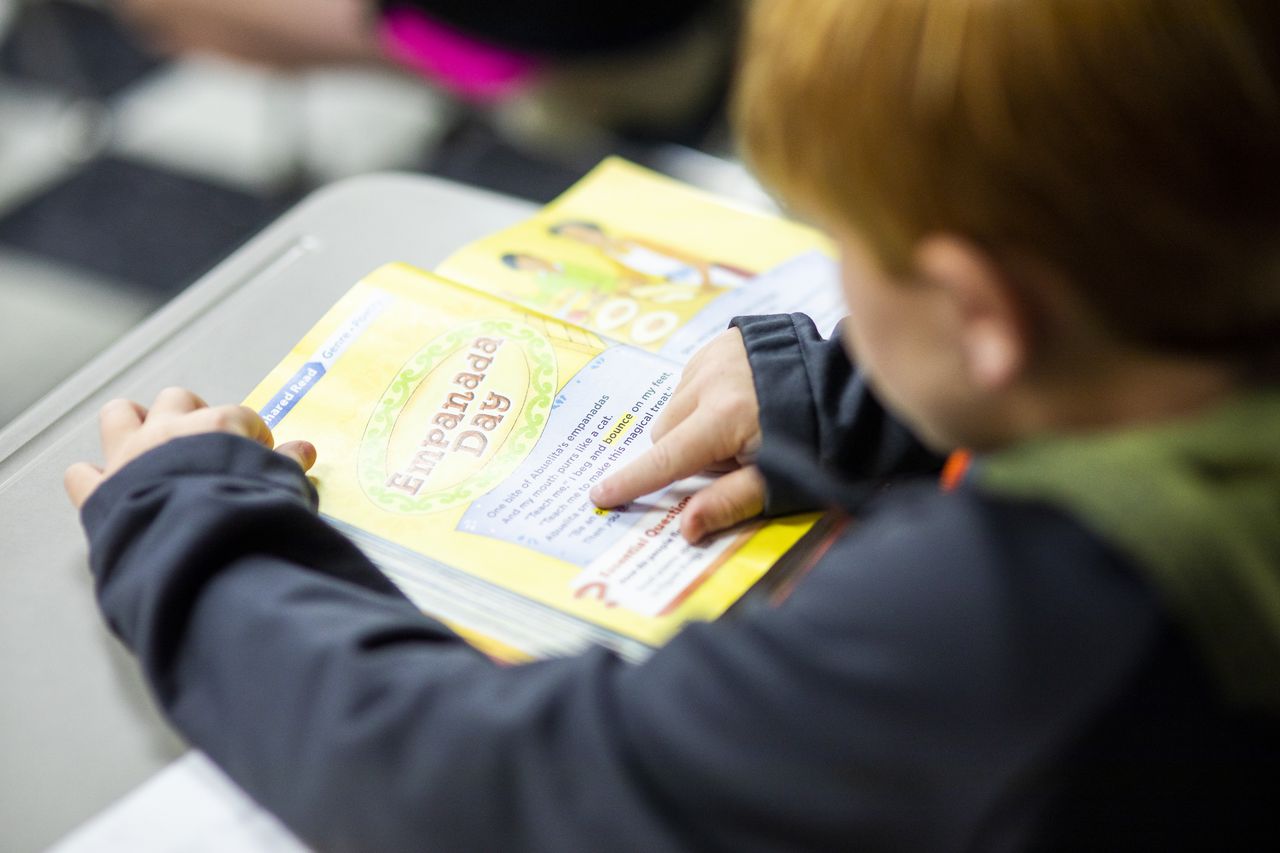Are Alabama teacher prep programs ready for the Literacy Act?
The Alabama Board of Education on Thursday will assess whether state teacher preparation programs are prepared to meet Literacy Act requirements and are teaching the science of reading.
There’s a lot on the line for Alabama’s public teacher prep programs. Those that aren’t teaching nine hours of early reading coursework based on the science of learning to read by Jan. 2, 2023, are subject to a minimum $1 million penalty according to state law.
State Superintendent Eric Mackey has said, though, that he thinks all teacher prep programs are in compliance, and none would be subject to that penalty.
Officials with the colleges were given a chance to challenge the group’s findings after reviewing a June draft.
Reviewers with Mississippi’s Barksdale Reading Institute began the $1.4 million study in 2021.
Experts reviewed not only syllabi and textbooks used in the college courses, but also conducted interviews with faculty and candidates among others. College courses were also observed for the study.
Read more: Alabama making gains in reading instruction as state mulls changes to literacy act
The Institute made recommendations for improvement. The group did a similar study in Mississippi after that state implemented a third-grade reading law.
The report, presented by Barksdale CEO Kelly Butler, revealed only 23% of the 133 courses they reviewed were fully aligned with the science of reading, half were inconsistently aligned, 16% were not aligned and will need to be completely reconstructed, and there was not enough information to determine if the other 11% were aligned to the science of reading.
The textbooks teacher candidates were using weren’t much better, according to reviewers. Twenty-nine percent, or 27 of the 93 textbooks reviewed were strongly aligned to the science of reading, while 62% were not sufficiently aligned.
In her June presentation to the board, among other findings, Butler said teacher preparation programs were still heavily influenced by the “balanced literacy” approach which lacks the systematic and sequential learning of phonics.
“We’re seeing a lot of movement towards the science,” Butler said in June. “But it’s still incomplete.”
The board’s work session begins after their official meeting concludes and will be livestreamed on the Alabama State Department of Education’s YouTube channel.
Read more: Alabama releases school-level reading scores: How many students can read?
